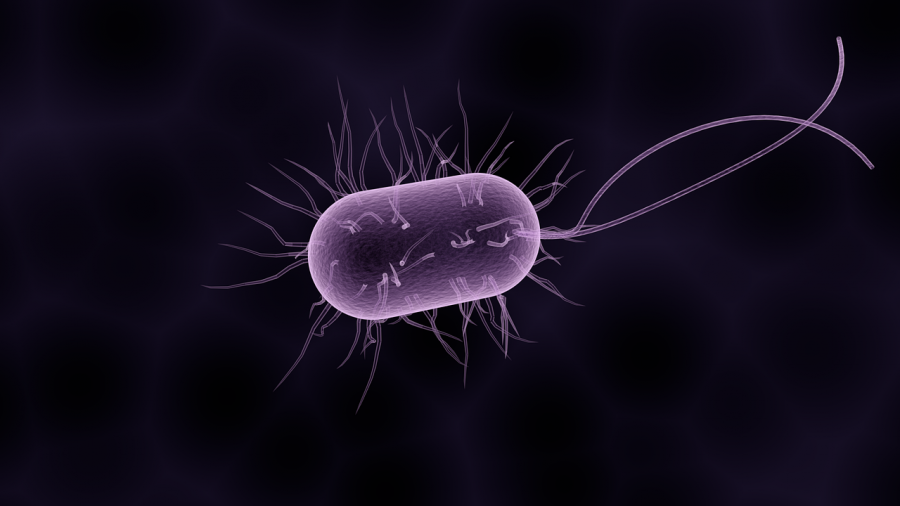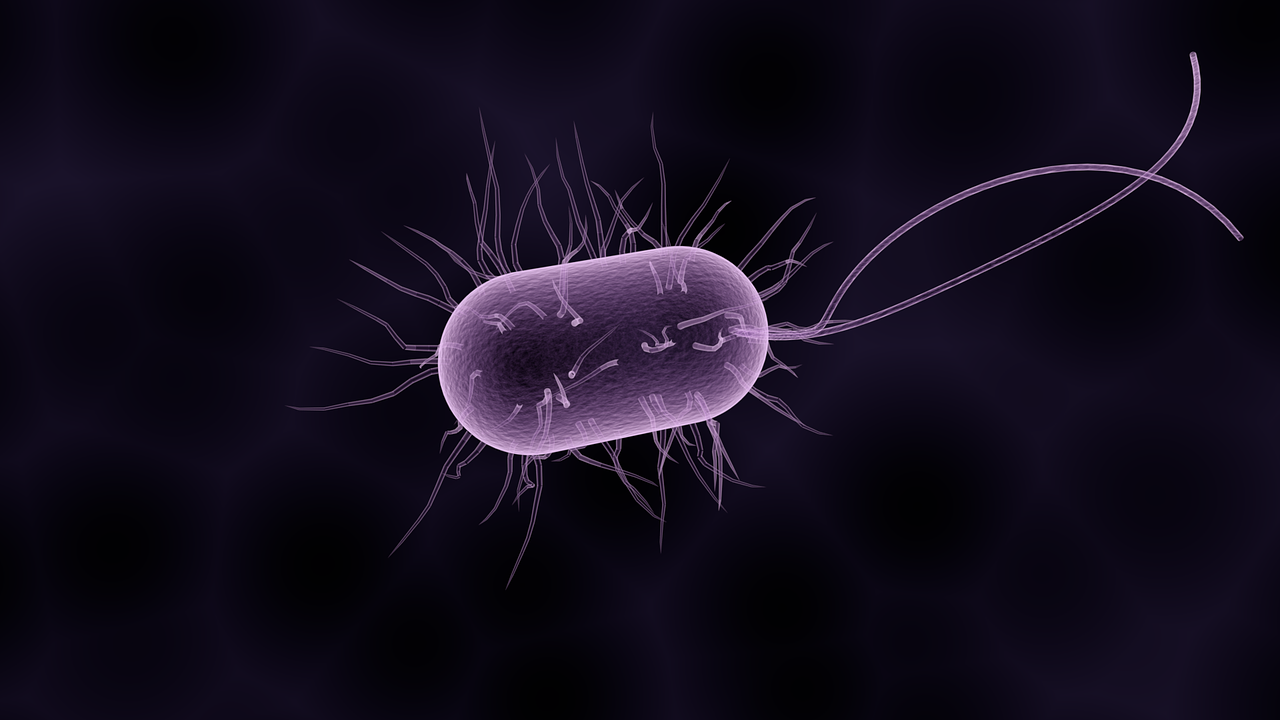
South African Deadly Listeriosis Outbreak Death Toll Rises to Over 100
The number of deaths caused by South Africa’s deadly Listeriosis outbreak is still escalating. According to the latest update Listeriosis has claimed 107 lives in SA, up from 61 exactly a month ago. The National Institute for Communicable Diseases (NICD) announced on Tuesday that a total number of 852 laboratory-confirmed Listeriosis cases have been reported, […]

The number of deaths caused by South Africa’s deadly Listeriosis outbreak is still escalating. According to the latest update Listeriosis has claimed 107 lives in SA, up from 61 exactly a month ago.

The National Institute for Communicable Diseases (NICD) announced on Tuesday that a total number of 852 laboratory-confirmed Listeriosis cases have been reported, and it has killed 107 people in South Africa.
The institute says that most of the cases – 59% – have been reported from Gauteng. “followed by Western Cape with 13%, and KwaZulu-Natal 7%, provinces. Cases have been diagnosed in both public 66%, and private 34%, healthcare sectors,” the statement reads.
The institute says that 42% of the confirmed cases are babies less than a month-old.
The source of this outbreak has not yet been identified. Listeriosis can be found in water, vegetation, soil, and raw milk. The World Health Organisation has declared this the worst outbreak of its kind in recorded world history.
How to keep Listeriosis at bay
The Health Department has advised all South Africans to practice basic food hygiene principles as outlined by the WHO which are:
- Keep clean. Wash your hands before handling food and often during food preparation. Don’t get tired of washing your hands.
- If you are handling or storing raw food, don’t touch already cooked food unless you have thoroughly washed your hands and food preparation utensils. In other words, separate raw from cooked food.
- Cook food thoroughly. Never eat half cooked or uncooked food, especially meat products. Food that does not usually need cooking before eating needs to be thoroughly washed with clean running water. Families with no source of clean running water need to boil their water before domestic use.
- Keep food at safe temperatures. Food that should be kept cold should be refrigerated and food to be served hot should be served hot.
- Use safe water for domestic use at all times and use pasteurised milk products. In situations where pasteurisation is not possible, for own domestic consumption, please boil the milk prior to use.
Members of the public can call the NICD Emergency Operations Centre during working hours on 011 386 2000. Health workers can call the NICD Hotline for Clinical Emergencies after hours on 082 883 9920.
